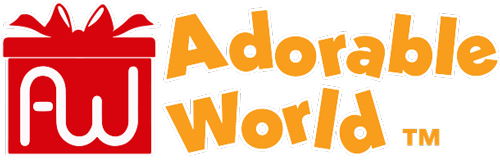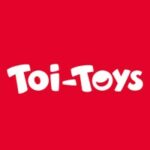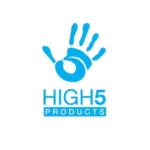What are private label toys?
Private label toys are toys manufactured by one company but branded and sold under another company’s brand name, typically a retailer or a brand that does not have its own manufacturing facilities. This business model allows retailers and brands to offer exclusive toy products without the need to invest heavily in the design, development, and manufacturing process. Private label toys can range from generic versions of popular toy categories to unique items designed specifically for the brand. This approach enables companies to control pricing, packaging, and marketing strategies more directly, often leading to higher profit margins and the ability to tailor products to specific market segments or customer preferences. Private labeling in the toy industry allows retailers to strengthen their brand identity, differentiate their product offerings, and cater to niche markets with specialized products.
What are the key benefits of launching a private label toy line?
Launching a private label toy line offers several key benefits, including increased profit margins due to lower production and acquisition costs compared to branded toys. It allows retailers and brands to exert greater control over product design, quality, and marketing strategies, enabling them to tailor toys to specific customer preferences and market demands. Private labeling also facilitates brand differentiation by offering unique products that are exclusively available through the brand’s channels. Additionally, it provides flexibility in responding to market trends and consumer demands more swiftly than traditional branded toys. This approach can enhance a company’s competitive edge in the toy market, potentially leading to a stronger market presence and improved customer retention.
What is the market size of the toy industry?
The global toys market is poised for substantial growth, with projections indicating a significant increase in market size over the coming years. From its valuation of $141.08 billion in 2021, the market is anticipated to reach $230.64 billion by 2028, reflecting a robust compound annual growth rate (CAGR) of 7.3%. Additionally, the estimated market worth stands at $206.6 billion in 2024, with expectations of a 7.44% CAGR from 2024 to 2029. In the United States, the Toy, Doll & Game Manufacturing industry attained a market size of $1.9 billion in 2023. Collectively, these forecasts indicate a thriving global toys market, poised to be valued at $295.2 billion by 2029.
What toy products are typically contract manufactured?
Contract manufacturing plays a vital role in the production of various toy products, with plastic toys being a prominent category. The process typically involves crafting a master model, creating a silicone cast, and then manufacturing the final plastic parts in a metal mold, enabling cost-effective mass production of durable plastic toys. Additionally, contract manufacturers often handle the production of smart toys, which integrate software and hardware components, such as app-controlled and mechatronic toys. These sophisticated toys demand specialized expertise in programming, electronics, and mechatronics, making contract manufacturers well-suited for their production. Beyond plastic and smart toys, other commonly contract-manufactured toy types include wooden toys, stuffed animals, 3D printed collectibles, blow-molded plastic items, and educational toys like games, building blocks, and puzzles.
What are key factors to consider when choosing a toy private label and contract manufacturer?
When selecting a private label and contract manufacturer for toys, several critical factors must be taken into account to ensure a successful partnership and high-quality products. First, it’s essential to evaluate the manufacturer’s experience and expertise in the toy industry, including their ability to produce toys that meet safety standards and regulatory compliance, such as ASTM and CE certifications. Assessing their production capacity, quality control processes, innovation, and flexibility in handling different order sizes is also crucial. Additionally, consider their commitment to ethical manufacturing practices, including labor conditions and environmental sustainability. Communication and reliability are key; a manufacturer should be responsive and transparent, with a proven track record of meeting deadlines and maintaining consistent quality. Finally, understanding their innovation capabilities and willingness to collaborate on product development can significantly influence the uniqueness and appeal of the final product.




